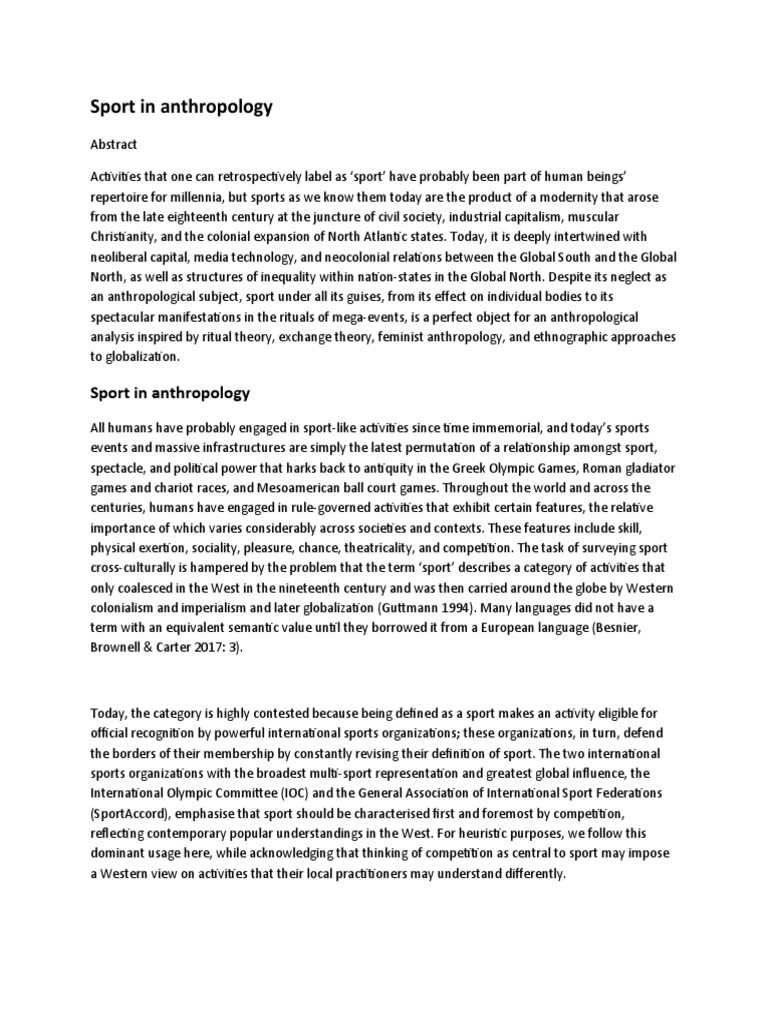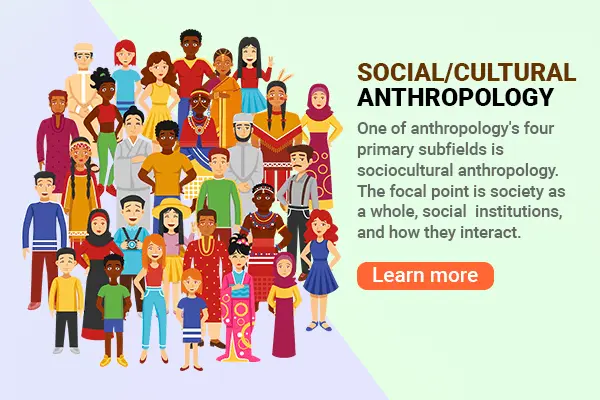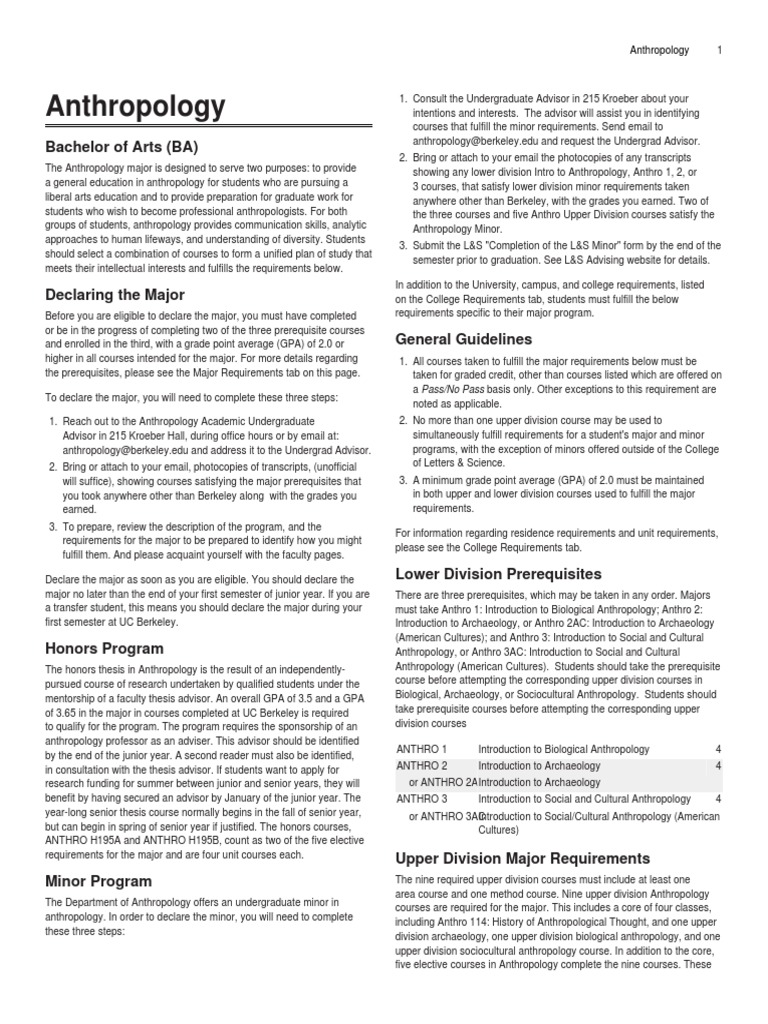Exploring Cultural Impact: Anthropology of Sports Unveiled

Sports are more than just games; they are a reflection of our cultures, values, and histories. The anthropology of sports delves into how athletic activities shape and are shaped by societal norms, rituals, and identities. From ancient Olympic traditions to modern-day global tournaments, sports have been a universal language, bridging gaps and fostering connections. This blog explores the profound cultural impact of sports, shedding light on their role in identity formation, community building, and global diplomacy. Whether you’re an academic, a sports enthusiast, or a curious reader, understanding the anthropology of sports offers insights into the human experience through the lens of competition and play.
The Historical Roots of Sports in Culture

Sports have deep historical roots, often tied to religious rituals, military training, and social hierarchies. Ancient civilizations like the Greeks, Romans, and Mayans used sports to honor gods, prepare for warfare, and entertain masses. For instance, the Olympic Games originated as a religious festival, while the Mesoamerican ballgame held spiritual significance.
📜 Note: The historical study of sports reveals their evolution from ritualistic practices to structured competitions, showcasing their enduring cultural relevance.
Sports as Cultural Rituals
In many cultures, sports are not merely physical activities but sacred rituals. Traditional sports like Kabaddi in South Asia or Haka in Māori culture are deeply intertwined with community identity and heritage. These practices preserve traditions, passing them down through generations.
Sports and Identity Formation

Sports play a pivotal role in shaping individual and collective identities. Athletes often become symbols of national pride, while fans find a sense of belonging through team affiliations. The anthropology of sports examines how these identities are constructed, contested, and celebrated.
Nationalism and Global Events
Events like the FIFA World Cup or the Olympics are platforms for nations to assert their identities on a global stage. Flags, anthems, and cultural displays during these events reinforce national unity and pride.
| Event | Cultural Impact |
|---|---|
| FIFA World Cup | Promotes global unity and national pride |
| Olympics | Celebrates diversity and athletic excellence |

Sports as a Tool for Social Change
Sports have been instrumental in challenging societal norms and advocating for change. Iconic moments like Jesse Owens’ triumph at the 1936 Olympics or Colin Kaepernick’s protest highlight how athletes use their platforms to address racial injustice and inequality.
The Globalization of Sports

The globalization of sports has transformed local games into international phenomena. Sports like soccer, basketball, and cricket have transcended borders, creating a shared global culture. However, this globalization also raises questions about cultural homogenization and the loss of traditional sports.
Commercialization and Cultural Exchange
The rise of sports as a multi-billion-dollar industry has facilitated cultural exchange but also commodified traditions. Sponsorships, merchandising, and media coverage have turned athletes into global brands, influencing fashion, language, and lifestyle.
💡 Note: While commercialization boosts sports’ reach, it often overshadows their cultural significance, turning them into profit-driven ventures.
Exploring the Future of Sports Anthropology

As sports continue to evolve, so does their cultural impact. Emerging trends like eSports and virtual reality are redefining what it means to participate in and consume sports. The anthropology of sports must adapt to study these new forms of athletic expression and their societal implications.
Sustainable Sports Practices
With growing environmental concerns, there’s a push for sustainable sports practices. From eco-friendly stadiums to carbon-neutral events, the sports industry is embracing its role in promoting environmental stewardship.
Key Takeaways

- Sports are cultural artifacts that reflect societal values, traditions, and identities.
- They serve as tools for social change, nationalism, and global diplomacy.
- The globalization of sports brings both opportunities and challenges, from cultural exchange to commercialization.
- Emerging trends like eSports and sustainability are shaping the future of sports anthropology.
What is the anthropology of sports?
+The anthropology of sports studies how athletic activities intersect with culture, society, and history, exploring their impact on identity, rituals, and global connections.
How do sports shape national identity?
+Sports foster national pride through events like the Olympics or World Cup, where athletes represent their countries, and cultural symbols are showcased globally.
What role do sports play in social change?
+Athletes and sports events often become platforms for addressing social issues, such as racial inequality, gender discrimination, and political activism.
In wrapping up, the anthropology of sports reveals the intricate ways in which games and competitions mirror and shape our world. From ancient rituals to modern global events, sports remain a powerful force in cultural expression and societal transformation. By understanding their impact, we gain deeper insights into the human experience and the unifying power of play. Sports anthropology,cultural impact,globalization of sports,sports and identity,social change through sports.